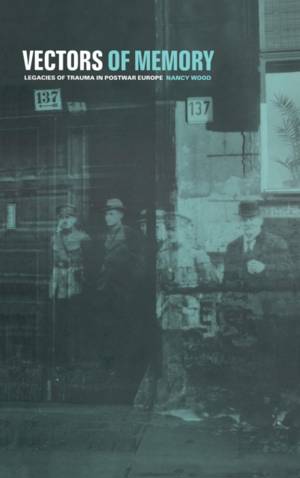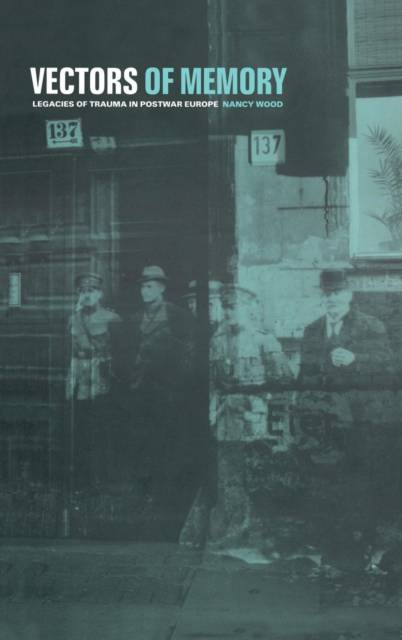
Bedankt voor het vertrouwen het afgelopen jaar! Om jou te bedanken bieden we GRATIS verzending (in België) aan op alles gedurende de hele maand januari.
- Afhalen na 1 uur in een winkel met voorraad
- In januari gratis thuislevering in België
- Ruim aanbod met 7 miljoen producten
Bedankt voor het vertrouwen het afgelopen jaar! Om jou te bedanken bieden we GRATIS verzending (in België) aan op alles gedurende de hele maand januari.
- Afhalen na 1 uur in een winkel met voorraad
- In januari gratis thuislevering in België
- Ruim aanbod met 7 miljoen producten
Zoeken
€ 271,45
+ 542 punten
Uitvoering
Omschrijving
The topic of memory has shot to prominence in recent years, engaging the attention of academics and a wider public alike. This is partly due to a spate of anniversaries and commemorations of events, such as the Holocaust and the Second World War, whose significance for the present is affirmed even as their meanings continue to be debated. In Germany and France, contested memories, representations and commemorations of this period have become virtually a defining feature of their respective political cultures. Equally contested are France's memories of a decolonization process whose legacy still makes its presence felt in the political landscape. This book uses the concept of 'vectors' of memory to designate the conduits of that memorial activity, and examines in detail a range of vectors - historiography, war crimes trials, novels and films - that have focused public attention and debate in this era of so-called 'commemorative obsession'. More than a descriptive summary of such developments, the author elucidates the identity politics that is being expressed through these channels. In the course of these investigations, concepts such as 'sites of memory', 'testimony', and 'trauma' - much invoked in recent work on 'collective memory' - are critically examined in a number of historical, juridical and representational contexts.Interdisciplinary in its scope and in the manner in which it bridgeshistoriographical and cultural analysis, this book will appeal tostudents and scholars of history, cultural and media studies, French and German political culture, Holocaust studies and postcolonialism.
Specificaties
Betrokkenen
- Auteur(s):
- Uitgeverij:
Inhoud
- Aantal bladzijden:
- 224
- Taal:
- Engels
Eigenschappen
- Productcode (EAN):
- 9781859732892
- Verschijningsdatum:
- 1/09/1999
- Uitvoering:
- Hardcover
- Formaat:
- Genaaid
- Afmetingen:
- 153 mm x 239 mm
- Gewicht:
- 439 g

Alleen bij Standaard Boekhandel
+ 542 punten op je klantenkaart van Standaard Boekhandel
Beoordelingen
We publiceren alleen reviews die voldoen aan de voorwaarden voor reviews. Bekijk onze voorwaarden voor reviews.









